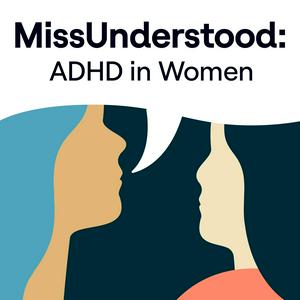Forget what you’ve seen in movies: BDSM isn’t one-size-fits-all. As Dr. Leann Borneman explains, it’s more of an à la carte menu where consent, communication, and personal boundaries come first. You can take what works for you and leave the rest.Host Cate Osborn talks with clinical sexologist Dr. Borneman about the intersection of BDSM, neurodivergence, and executive function. They explore how some people with ADHD use parts of BDSM, like structure, sensory input, and clearly defined roles. These can help support attention, reduce overwhelm, and build emotional regulation.Listen as Cate and Leann challenge outdated assumptions, and learn how destigmatizing your desires can help you show up more fully in your life.Related resourcesLeann’s website, bornemancoaching.comLeann’s dissertation, The Intersection of ADHD and BDSM Engagement in Heterosexual WomenFor a transcript and more resources, visit the Sorry, I Missed This show page on Understood.org. We love hearing from our listeners! Email us at
[email protected](00:00) Intro(00:48) A comment from Cate on stigma(02:35) BDSM as a coping strategy, not just a preference(03:58) Society’s stigma versus the scientific research(06:37) Pick and choose what works for you, you don’t have to label yourself(10:53) ADHD and sexuality: Incapability versus lack of access(13:10) What is causing this lack of access to good sex?(17:27) Unmasking is key to authenticity and figuring out what you like(19:11) BDSM creates space for safety through it’s collaborative and consentful nature(21:54) Leann’s advice for those curious about BDSM and kink(24:33) Outro and credits
Understood.org is a nonprofit organization dedicated to empowering people with learning and thinking differences, like ADHD and dyslexia. If you want to help us continue this work, donate at understood.org/give
